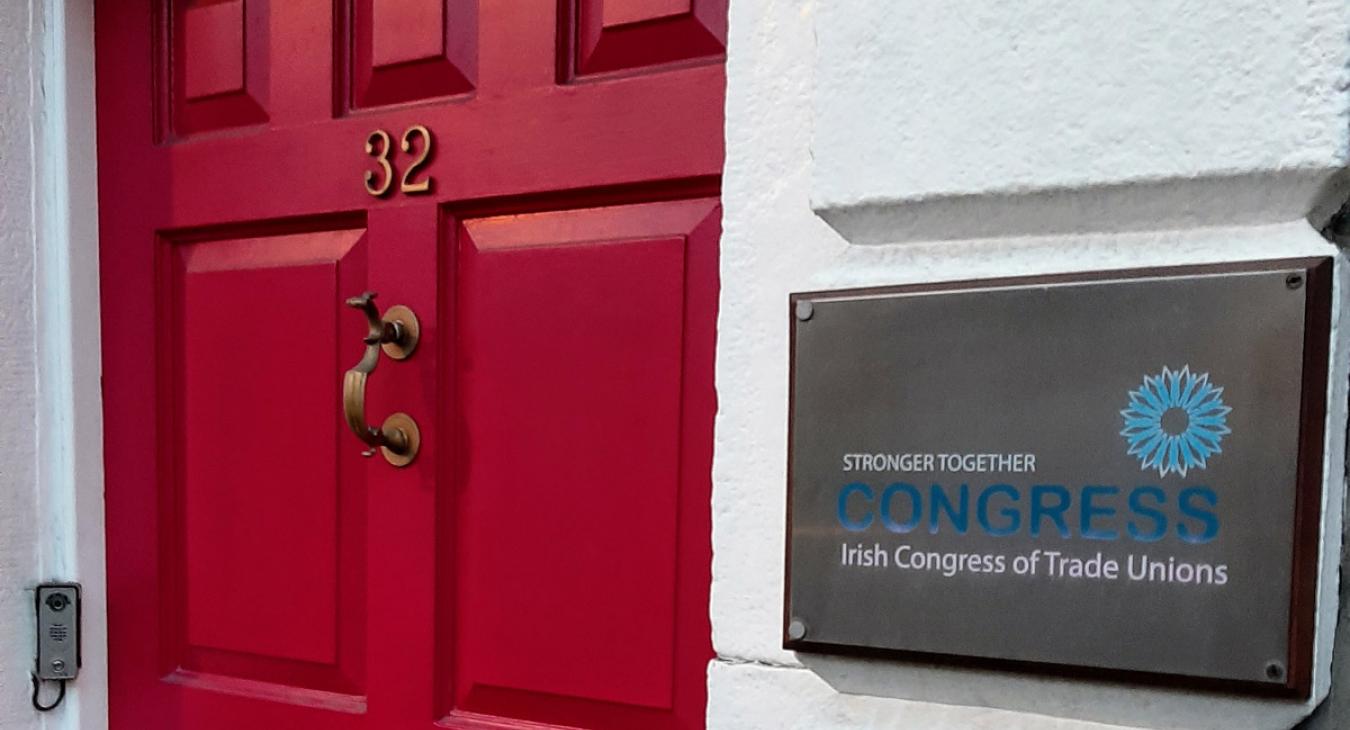It's #HighPayDay in the UK. Despite being just three working days into the new year, the chief executives of FTSE 100 firms will at 5pm today have made more than ordinary workers in the United Kingdom will be paid for working the whole year, according to a new report from the High Pay Centre think tank and the Chartered Institute for Professional Development.
Last month the Irish Congress of Trade Unions published its fourth annual report on Irish chief executives" pay - Because We"re Worth It: The truth about CEO pay in Ireland.
Based on the 2018 filed accounts of 26 companies – 20 of some of the biggest companies listed on the Irish Stock Exchange and 6 Irish based companies listed on the London Stock Exchange - the report shows that annual pay and benefits were close to or above €1 million for 22 of the 26 CEOs, and as much as €8.2 million.
CEO pay increased in 11 companies, ranging from 9% in Permanent TSB to a 99% increase in Smurfit Kappa. Meanwhile, the average full-time worker's wage was up just 2.6% on 2017.
Unlike the UK figures which calculates the hours it takes top bosses to make what workers on average earnings are paid for working a whole year (33 hours), Congress calculates the years it takes workers to earn what bosses take home each year.
Congress researcher, Eileen Sweeney, who has tracked the changes in the pay packets of each chief executive since 2015 said: 'the cement giant, CRH continues to have the highest CEO-to-average-worker pay ratio, at 212-to-1. 'that is, it would take a typical worker 212 years to earn what the CRH boss took home in 2018.
"Overall, it would take workers paid the average wage more than 50 years to earn what half of the bosses at top Irish listed companies take home in a single year."
Congress General Secretary Patricia King said: 'the telephone number-like-salaries and the unjustifiable gap between the top and rest of the workforce needs to be urgently tackled. This is now recognised by the European Commission and the OECD – institutions not known to be natural bedfellows of trade unions."
Earlier this year, the European Commission pointed out that market income inequality (i.e. income before taxes are deducted and social welfare top-ups are added) in Ireland is the highest in the EU28.
'the new EU Shareholder Rights Directive, which was due to have become Irish law by June last year but has not yet happened, is a good first step in pay transparency and tackling wage inequality," said Congress Social Policy Officer, Dr Laura Bambrick.
The directive, for the first time, requires listed companies explain how the pay of their employees was taken into account when determining the salaries for company bosses.
"However, Government refuses to grasp the opportunity the directive presents to include more ambitious provisions - such as compelling listed companies to make pay ratio disclosures," said Dr Bambrick.
She added: "Publicly listed companies are required by stock market rules to publish certain information, including pay of their management team. Private companies are under no such obligation and their executives" pay remains shrouded in secrecy. But, there is nothing to prevent a future Government making such reporting a requirement of firms tendering for public contracts."
"Government ignores the enormous economic and social consequences of excessive executive pay at our collective peril" warns Ms King.
Because We"re Worth It: The truth about CEO pay in Ireland https://www.ictu.ie/download/pdf/ictu_high_pay_report_winter_2019.pdf

